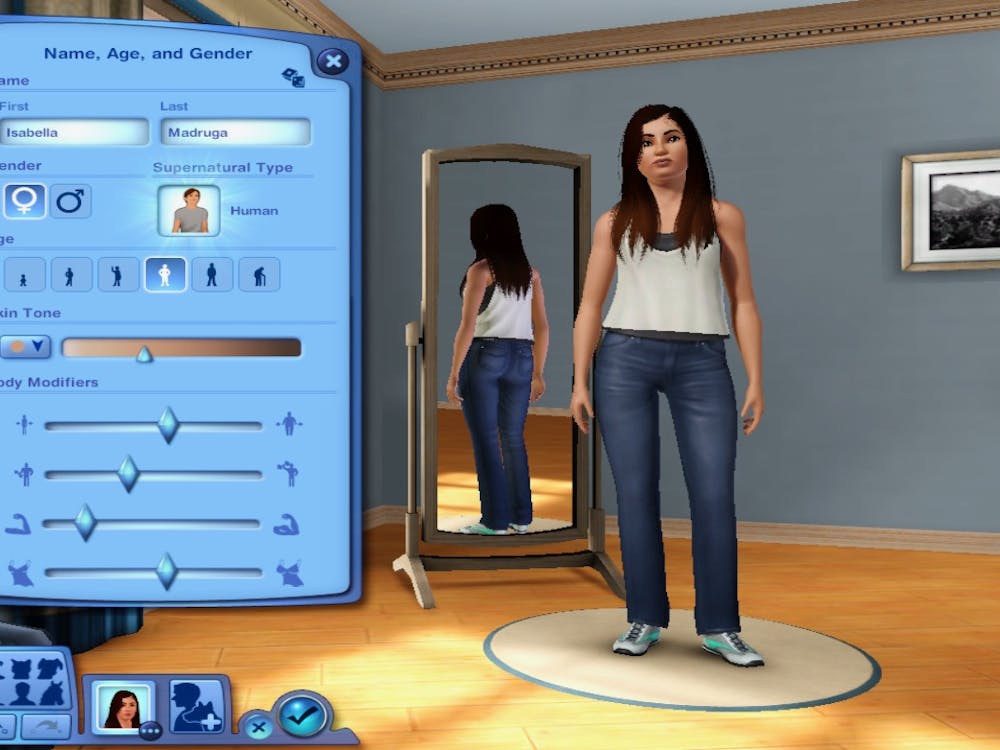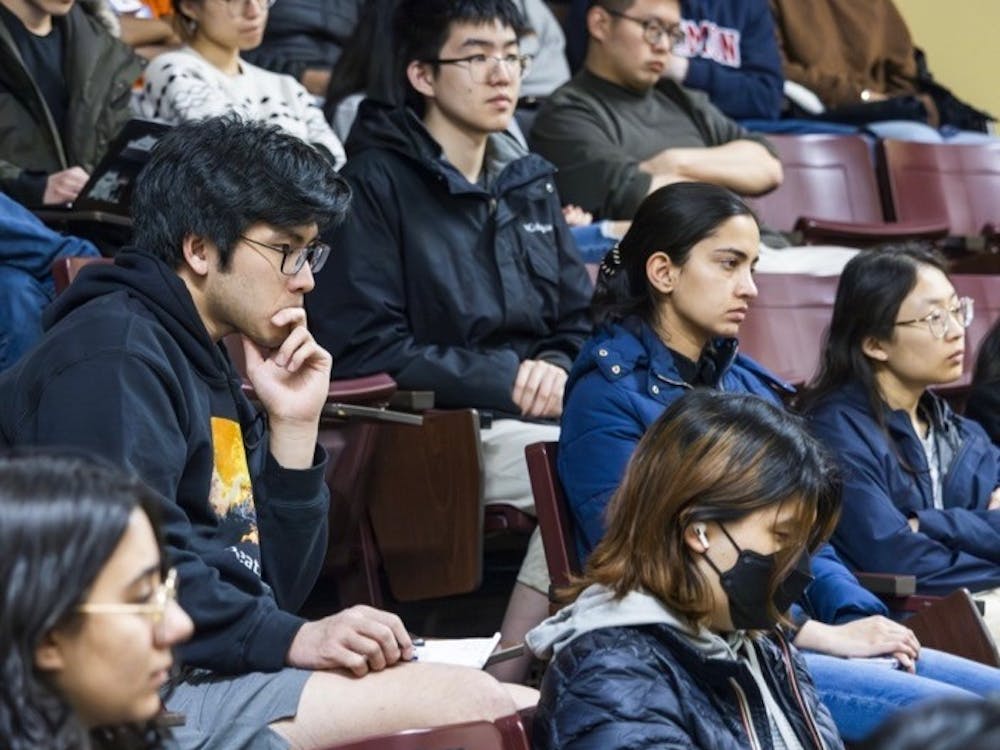As a student journalist I understand the importance of checking the facts: There are serious consequences if a publication gets something wrong, and printing incorrect facts has the potential to damage both reputations and whole lives. Fact-checking is one of the most essential principles of journalism.
Some of the most influential magazines and newspapers have their own fact-checking departments. One such publication is where I hope to work one day, The New Yorker (shameless aspiration plug, oops). There is an entire department dedicated to ensuring that the magazine doesn’t get any of its famously complicated work wrong, which I hope help drives home the importance of knowing your facts.
If you don’t work in the industry, you might think that fact-checking is simply verifying whether a statement is true or false. And for some statements, this idea rings true — but for stories with more nuance, fact-checking becomes more about determining the soundness of a narrative. Peter Canby, a contributor and former fact-checking director at The New Yorker, describes the process eloquently, in terms of more than just right or wrong.
“People who have never been involved in journalism, in fact-checking, think the world is divided into facts and opinions, and checkers just deal with the facts,” he said. “For us the bigger complexity is what we think of as fact-based opinions... The way you construct an argument, if there are egregious missing ingredients to it, then it’s something we bring up.”
The modern fact-checker is trusted with so much more than just fact-checking. They have become essential components of successful publications and often keep writers on their toes, maintaining an interesting dialogue with both writers and editors, and pushing pieces to print in unique ways.
At The News-Letter we don’t have our own fact-checking department (that would be quite the luxury). Our section editors must do all of the heavy lifting when it comes to facts and narratives. While our editors are excellent, the paper has gotten things wrong, and we must pay similar consequences to that of a professional newspaper.
Fact-checking determines whether Ty Dolla $ign is spelled with an S or a $, whether all the events in an important news sequence are chronological and whether I spelled Peter Canby’s name correctly in this piece.
All of this is crucial to the daily operation, reputation and dignity of The News-Letter, not just on International Fact-Checking Day but every day.
























Please note All comments are eligible for publication in The News-Letter.